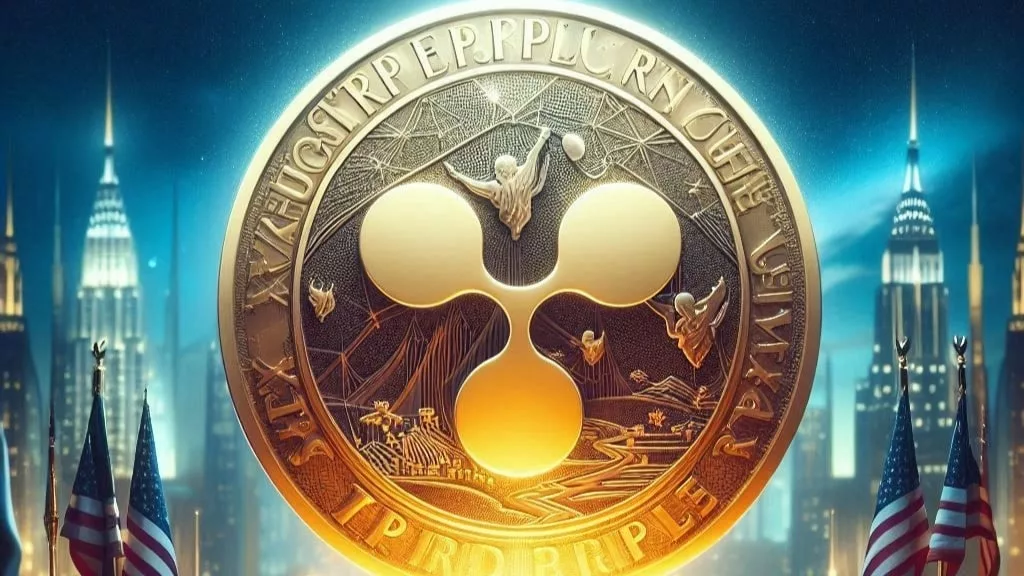
In a significant development on the global economic stage, the BRICS alliance, comprising Brazil, Russia, India, China, and South Africa, is contemplating the establishment of an alternative international payments system. This initiative is aimed at reducing dependency on the conventional SWIFT banking network, which has long been a linchpin in the world of international finance. The proposal for this innovative payments network is set to be formally discussed at the upcoming BRICS meeting next year.
Russian Finance Minister Anton Siluanov shed light on the rationale behind this pioneering endeavor, stating, “We are trying to introduce our financial messaging system, the SPFS, our Chinese colleagues have their own system, other BRICS countries also either have their systems or are creating them. This is why this issue is to be discussed by money authorities and financial agencies of BRICS member states.”
This latest development comes in the wake of BRICS’ decision to expand its roster by welcoming Saudi Arabia, Iran, Ethiopia, Egypt, Argentina, and the UAE into its fold. The move underscores the alliance’s commitment to fostering stronger economic ties and leveraging its collective influence on the global stage.
Siluanov further articulated BRICS’ vision, noting that the alliance is dedicated to “removing all ties from the West to the Southeast.” This strategic shift reflects a growing trend that is expected to persist in the future, marking a significant departure from traditional Western-centric financial systems.
SWIFT, which stands for the Society for Worldwide Interbank Financial Telecommunication, serves as a fundamental pillar of the global banking infrastructure. It enables banks worldwide to securely exchange financial messages, facilitating international transactions and trade. However, in March 2022, SWIFT garnered attention when it complied with the European Union’s request to ban several Russian banks, raising questions about its political neutrality.
South Africa’s Finance Minister Enoch Godongwana weighed in on the matter, highlighting the potential advantages of a BRICS-based payments system. He emphasized that such a system could bolster trade conducted in local currencies, as opposed to the US dollar. Nevertheless, Godongwana acknowledged that implementing this ambitious project would be challenging and emphasized that the goal was not to directly challenge SWIFT.
The BRICS nations have set their sights on charting a new course in the world of international finance. Their vision involves creating a robust alternative to SWIFT, one that prioritizes financial sovereignty and inclusivity in the ever-evolving landscape of global trade.
The BRICS Vision for a New Global Payments System
The BRICS alliance, comprising Brazil, Russia, India, China, and South Africa, has long been recognized as a formidable force in the global economic landscape. These emerging economies have joined hands to foster cooperation, encourage sustainable development, and pursue mutually beneficial economic objectives.
In a groundbreaking move, BRICS finance ministers are now exploring the possibility of launching a global payments system that would operate independently of SWIFT. This development signifies a concerted effort to assert greater financial independence and diminish reliance on established Western-dominated financial institutions.
The primary motivation behind this initiative is to empower BRICS member states with a dedicated financial messaging system. As Russian Finance Minister Anton Siluanov explained, each BRICS nation either possesses its own financial messaging system or is in the process of developing one. By pooling their resources and expertise, BRICS countries aim to create a unified platform that streamlines international financial transactions among member states.
This endeavor aligns with BRICS’ broader objective of distancing itself from Western financial systems and diversifying its economic partnerships. By establishing an alternative to SWIFT, BRICS nations seek to bolster their autonomy in the global financial arena.
BRICS Expansion and Its Implications
The recent decision to expand BRICS by incorporating Saudi Arabia, Iran, Ethiopia, Egypt, Argentina, and the UAE signifies a pivotal moment in the alliance’s evolution. With these additions, BRICS has broadened its geographical reach and economic influence, making it a more inclusive and representative entity on the international stage.
This expansion reflects BRICS’ commitment to fostering stronger economic ties and leveraging its collective influence in global affairs. It also underscores the alliance’s determination to create a multipolar world order that embraces a diversity of perspectives and voices.
The Shift Towards Financial Independence
Russian Finance Minister Anton Siluanov articulated BRICS’ strategic direction by emphasizing the alliance’s aim to “remove all ties from the West to the Southeast.” This paradigm shift signifies a growing trend in global economics and geopolitics, where emerging economies seek greater autonomy and influence in shaping the future of international finance.
Historically, Western financial institutions and systems have held a dominant position in the global economy. However, BRICS nations are now actively pursuing alternatives and forging partnerships that challenge this dominance. Their efforts reflect a desire to reshape the global economic landscape to better align with the interests and aspirations of emerging economies.
The Role of SWIFT in International Finance
SWIFT, short for the Society for Worldwide Interbank Financial Telecommunication, is a vital component of the global banking industry. It operates as a cooperative, primarily owned by banks, and serves as the backbone for securely transmitting financial messages between financial institutions worldwide.
SWIFT has played a pivotal role in facilitating international trade and financial transactions by enabling banks to communicate and settle payments seamlessly. Its reliability and efficiency have made it an integral part of the international financial system.
However, SWIFT’s neutrality has come under scrutiny in recent years. In March 2022, SWIFT complied with the European Union’s request to ban several Russian banks from its network, raising questions about its political impartiality and sparking a debate about the potential weaponization of financial infrastructure for political purposes.
The Prospects of a BRICS-Based Payments System
South Africa’s Finance Minister Enoch Godongwana has emphasized the potential advantages of a BRICS-based payments system. He highlighted that such a system could strengthen trade conducted in local currencies, reducing dependence on the US dollar as the primary medium of international exchange.
However, Godongwana also acknowledged the challenges associated with implementing such a system. The intricacies of international finance, the need for interoperability with existing systems, and regulatory considerations make the task formidable. Importantly, he clarified that the objective of a BRICS-based payments system is not to directly challenge SWIFT but to provide an alternative avenue for international financial transactions.
Conclusion: A New Era in Global Finance
The BRICS alliance’s exploration of a global payments system marks a significant development in the evolution of international finance. It represents a concerted effort by emerging economies to assert greater financial independence, reduce reliance on Western-dominated systems, and foster economic cooperation among member states.
As BRICS expands its reach and influence, the proposed payments system has the potential to reshape the landscape of global finance. While the challenges ahead are substantial, the determination of BRICS nations to chart their course in the world of international finance is undeniable. The future holds the promise of a more diversified and inclusive global financial order, one that accommodates the aspirations of emerging economies and challenges established norms.

Get the latest Crypto & Blockchain News in your inbox.